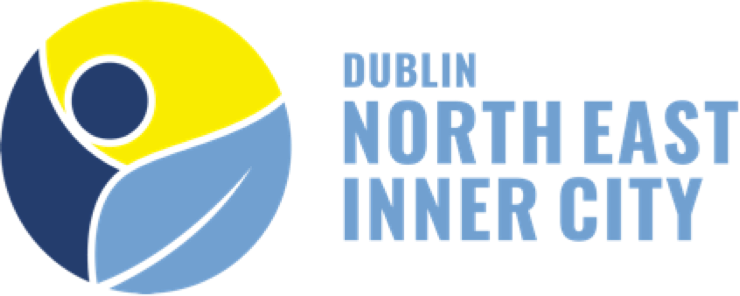Dual Diagnosis - Community Capacity Building Project
The Community Capacity Building Project is working to enhance services and strengthen collaboration for Dual Diagnosis (mental health and substance use issues) in the North East Inner City. Under the project, progress has been made across several areas including open community dialogues forums, a community engagement session to co-create an integrated community care pathway, trauma informed community workshops, dual diagnosis enhancement skills workshops, the formation of an integrated pathway tool, and the development of an interactive map of services. A report assessing the impact of the NEIC Dual Diagnosis Community Capacity Building Project was published in 2023 and can be found under the Publications section of our website.
Useful Resources
Interactive Community Care Pathway
The interactive infographic below is designed to represent the different stages of support for an adult or young person experiencing Dual Diagnosis. The main graphic lays out the journey of care from Prevention, Intervention, Treatment, and Recovery, and by clicking on the icons in the bottom right-hand corner you can explore the different ways of working that encourage a coordinated response to supporting a person or family experiencing the challenges of mental health and substance use issues in the community.
:format(webp)?_w=640)
Community Care Services Map
The Community Care Services Map below is a user-friendly resource for finding information about services that can support an individual or family’s journey through mental health and addiction recovery, while the Integrated Pathway encourages community organisations that can offer support to become more integrated in their approach through networking and collaboration.
:format(webp)?_w=1920)
Printables for Your Services
Below are QR codes that can be utilised to direct service users or staff to the Map and Care Pathway using a smartphone or device.
:format(webp)?_w=1920)
:format(webp)?_w=1920)
![[object Object]](/img/f/124946/1309x751/4883fc2c12/neic-15th.jpg/m/3840x0/filters:quality(85):format(webp)?_w=3840)
